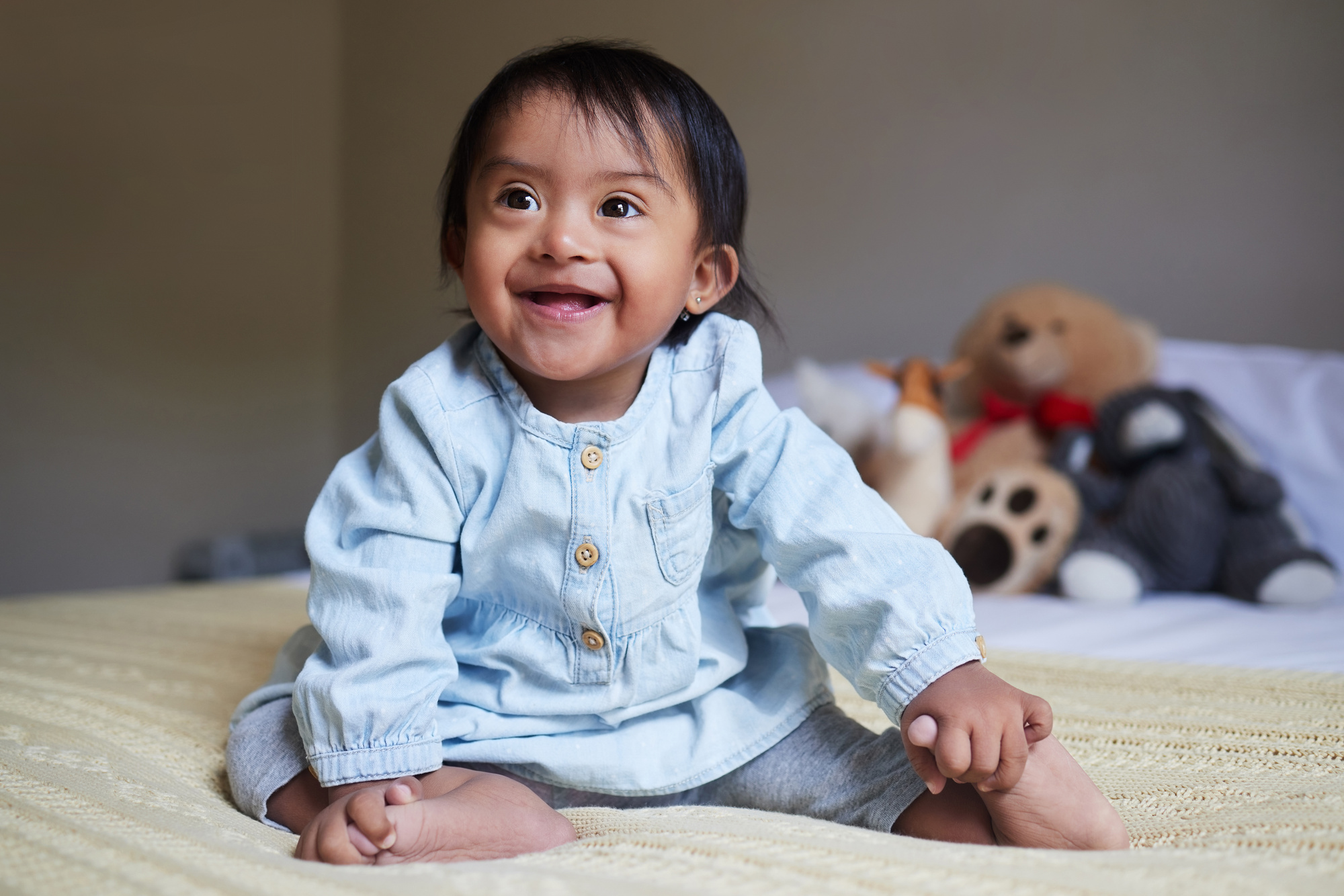Most children reach developmental milestones fairly through the predictable human growth and development phases. That said, there are those children who experience temporary delays in development. Such a problem shouldn’t worry you since the child will likely catch up with their agemates after a while. However, if the problem doesn’t go away, there’s a high chance the child may have a serious health condition referred to as developmental delay.
An Overview Of Developmental Delays In Children
Developmental delays are health conditions in which children fail to gain the developmental skills expected of them at their ages. Simply put, it occurs when a child lags behind their age mates in physical, mental, or emotional growth. For instance, you may notice your child hasn’t started speaking or walking while their peers have already reached this milestone.
If you notice a delayed development in your child, early treatment is necessary to make them improve or catch up. The right medical professional will test your child to identify the causes of the developmental delay. From there, they’ll provide medication or treatment to help your child progress in growth and development. You can count on reputable treatment centers like Everyday Independence or other similar providers for your child’s treatment.
Types Of Developmental Delays In Children
There are various developmental delays in children. These include:
- Motor Delays
A child without any defect will start developing motor skills after birth. They’ll develop the ability to control their head and then start sitting up. Later on, the child will have the ability to stand and walk. If your child isn’t reaching these milestones, they might be experiencing motor or physical delays. This hurts the child’s ability to coordinate their muscles.
There are various causes of motor delays. These include genetic conditions, premature birth, neurodevelopmental disorders, trauma to the brain, exposure to toxic substances like alcohol during pregnancy, deprivation of food, and environmental conditions. But whichever the cause, motor delays can be treated.
The child only needs to attend physical or occupational therapy. You also need to take the child with motor delays to an early childhood special education. Most of the schools provide stimulation for developmental skills.
- Cognitive Delays
Just like motor skills, a small child should develop cognitive skills. This allows one to think, learn, and even solve problems. If that doesn’t happen to your child, they might be experiencing cognitive delays. This is where a child is lagging behind their peers in mental development.
Several factors can cause cognitive delays. The most common ones include brain injury, genetic abnormalities, exposure to alcohol before birth, and an autism spectrum disorder.
Knowing whether a child is experiencing cognitive delays immediately after birth might be difficult. But you’ll know it after a few days, weeks, or months.
Some signs of delayed cognitive development in children include sitting or walking later than their peers, difficulty speaking, lack of curiosity, and trouble thinking logically. If you notice any of the mentioned signs, the best decision could be to visit a health expert for proper diagnosis and treatment.
- Speech And Language Delays
A typical child will start developing speech and language even before birth. Babies start to develop language while in the womb. And this is why they’re able to differentiate between sounds a few hours after birth. However, some children may experience speech and language delays. This is where a child cannot use any form of communication at the expected age.
Speech and language develop over time, so you can’t expect a newborn child to communicate like an adult. However, they have their own way of passing information. Depending on a child’s age, they should be able to use gestures and imitate and vocalize sounds. Consider calling a professional doctor if your child can’t reach such milestones at the expected age.
- Emotional And Social Delays
Another health disorder in children is emotional and social developmental delays. This is a condition in which a child can’t reach the expected interactive and perceptive milestones for their age mates.
They may have problems interacting with others, smiling, and even playing. They may also have issues with their self-esteem and expressing themselves. Fortunately, these problems can be addressed or treated through behavioral, occupational, and social skills therapists. Special education teachers can also assist children with emotional and social developmental delays.
Takeaway
When a child is born, they’re expected to reach certain milestones of their chronological ages. But that isn’t always the case. Some children may experience developmental delays.
As described in this article, there are various types of developmental delays in children. If you notice any problems with your child, the best idea would be to take them to a special hospital that deals with such a condition. This ensures your child can get the proper medication or treatment to catch up.

